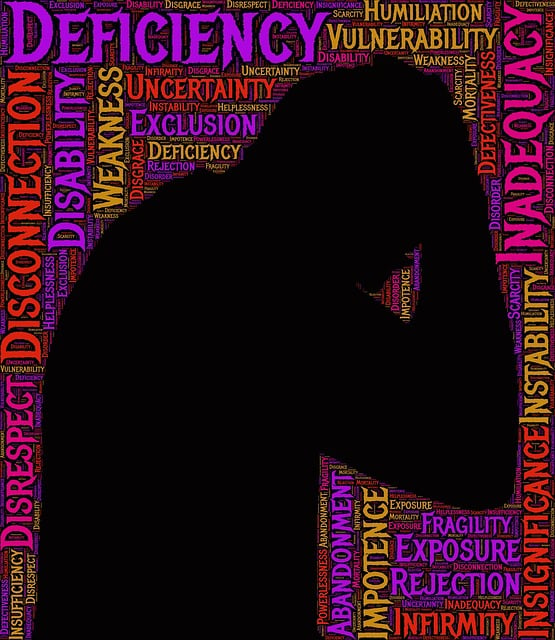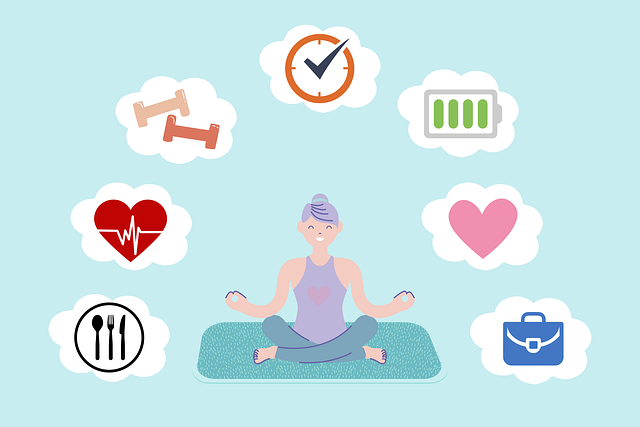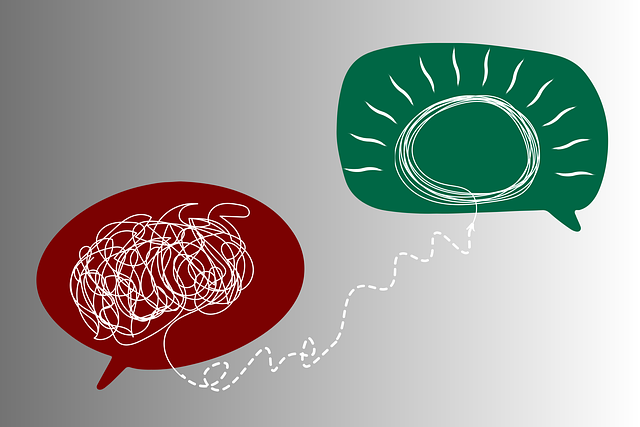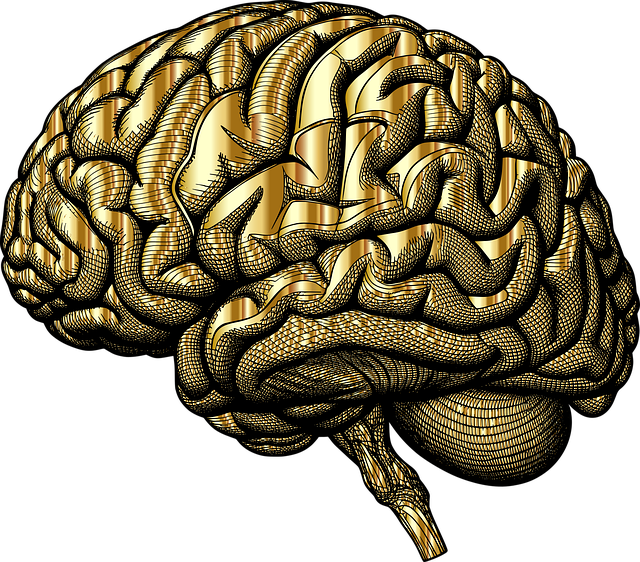Chronic stress, driven by hormones like cortisol, can lead to severe mental health issues. Denver Interpersonal Issues Therapy (DIIT) offers a holistic approach to managing stress by addressing interpersonal relationships and teaching effective communication strategies. This therapy focuses on emotional regulation, lifestyle changes, and cultivating mental resilience through activities like exercise, mindfulness, and creative pursuits. DIIT empowers individuals to handle complex social dynamics, reduce stress, and foster personal growth while promoting mental wellness and reducing stigma in the process.
Stress reduction is essential for maintaining optimal mental health. In this article, we delve into effective strategies to combat chronic stress, encompassing both professional and lifestyle approaches. We explore Denver Interpersonal Issues Therapy as a holistic method, offering a calmer mindset through significant changes. Firstly, we’ll discuss the profound impact of stress on mental well-being. Then, we present various techniques, from therapy types to lifestyle shifts, empowering individuals to navigate and reduce stress effectively.
- Understanding Stress and Its Impact on Mental Health
- Denver Interpersonal Issues Therapy: A Holistic Approach to Stress Reduction
- Lifestyle Changes for a Calmer Mindset
- Additional Techniques to Combat Chronic Stress
Understanding Stress and Its Impact on Mental Health

Stress is a natural response to demanding situations, but when it becomes chronic, it can significantly impact mental health. It’s essential to understand that stress isn’t just a fleeting emotion; it’s a complex physiological reaction involving the release of hormones like cortisol. Prolonged exposure to these hormones can lead to various mental health issues such as anxiety, depression, and even more severe conditions. This is where Denver Interpersonal Issues Therapy comes into play, offering individuals a supportive space to navigate and manage their stress levels effectively.
The impact of stress on mental health is profound, especially in today’s fast-paced world with its relentless demands. Cultural Sensitivity in Mental Healthcare Practice is crucial as different cultural backgrounds can influence how individuals perceive and cope with stress. Additionally, Risk Management Planning for Mental Health Professionals is essential to ensure they are equipped to handle clients’ stressful situations sensitively and competently. By addressing these aspects, along with Mental Illness Stigma Reduction Efforts, therapists can create an inclusive environment that promotes healing and fosters better mental well-being.
Denver Interpersonal Issues Therapy: A Holistic Approach to Stress Reduction

Denver Interpersonal Issues Therapy offers a holistic approach to stress reduction, addressing not just the symptoms but the root causes of stress and anxiety. This method delves into complex interpersonal relationships, helping individuals navigate challenging interactions and develop healthier communication patterns. By fostering emotional regulation, this therapy empowers folks to manage their responses to stressful situations more effectively.
Through Denver Interpersonal Issues Therapy, clients learn valuable tools for anxiety relief, enabling them to reduce the impact of stress on their daily lives. This tailored approach considers each individual’s unique experiences and perspectives, making it an effective strategy within the realm of stress reduction methods.
Lifestyle Changes for a Calmer Mindset

Adopting a calmer mindset starts with significant lifestyle changes that can significantly impact your mental wellness. For many individuals struggling with interpersonal issues and seeking support, Denver Interpersonal Issues Therapy provides a structured framework to navigate these challenges. Beyond traditional therapy sessions, fostering mental resilience involves cultivating healthy habits like regular exercise, mindfulness practices, and adequate sleep. These simple yet powerful tools have been shown to reduce stress levels, enhance emotional regulation, and promote overall well-being.
Integrating mind over matter principles into daily routines can act as a burnout prevention strategy. Engaging in activities that stimulate creativity, connecting with nature, or even listening to a Mental Wellness Podcast Series Production can contribute to a more balanced lifestyle. These practices encourage self-care, fostering an environment conducive to emotional healing and personal growth. By embracing these holistic approaches, individuals can effectively manage stress, improve their coping mechanisms, and cultivate a more serene mindset.
Additional Techniques to Combat Chronic Stress

Chronic stress can be a complex issue, often requiring a multifaceted approach to manage effectively. Beyond traditional stress reduction techniques like exercise and mindfulness, there are several additional strategies that can significantly aid in combating persistent stress. One powerful method is Denver Interpersonal Issues Therapy (DIIT), which focuses on improving communication skills and resolving interpersonal conflicts. By addressing underlying relationship issues and enhancing communication strategies, DIIT helps individuals navigate challenging social dynamics more effectively.
Integrating mental health awareness and stigma reduction efforts into these practices can further empower individuals to seek support without fear of judgment. Understanding the impact of stress on both physical and mental well-being encourages a holistic approach to self-care. This includes recognizing the importance of healthy boundaries, assertiveness training, and conflict resolution skills—all valuable tools in managing chronic stress and fostering healthier relationships.
Stress reduction is a multifaceted journey, and by understanding its impact on mental health, individuals can take proactive steps towards well-being. Denver Interpersonal Issues Therapy offers a holistic approach, addressing underlying issues to foster resilience. Lifestyle changes, such as mindfulness practices and regular exercise, further complement these techniques. Combining these methods empowers folks to combat chronic stress effectively and embrace a calmer mindset.














